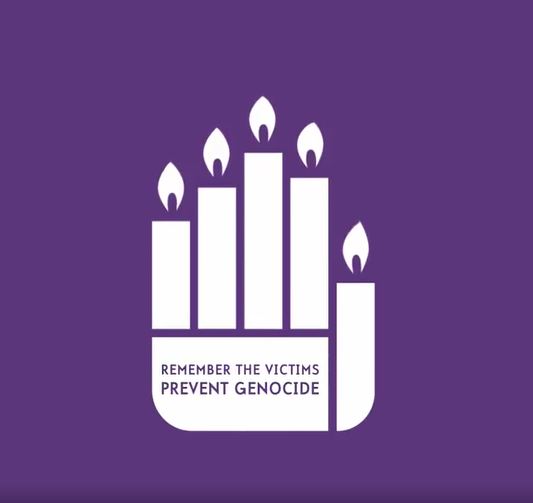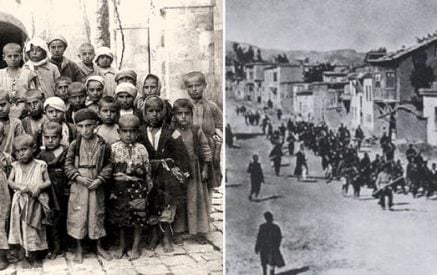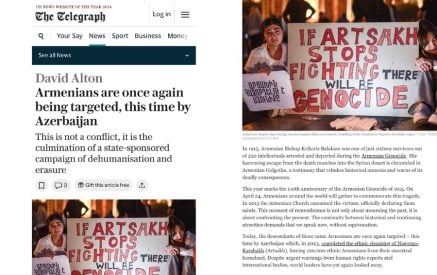Statement by the Ministry of Foreign Affairs on the occasion of the International Day of Commemoration of the Victims of the Crime of Genocide
On December 9, 1948, the UN General Assembly adopted the first human rights treaty – the Convention on the Prevention and Punishment of the Crime of Genocide.
The Convention on the Prevention and Punishment of the Crime of Genocide clearly stipulates that “genocides have caused enormous harm to humanity at all stages of history,” thus reaffirming that the crimes of genocide appeared before the adoption of the Convention. The Armenian Genocide served as an important precedent for the adoption of the Genocide Convention, which was publicly mentioned by the author of the Convention, Raphael Lemkin.
One of the specific aspects of this Convention is the imposition of a legal obligation on the states parties to the Convention to not only punish but also prevent genocide. This is very crucial in terms of universal protection of national, ethnic and religious groups.
Read also
Despite the enormous work that has been carried out, the international community still needs to make further efforts for adequate and timely response, including for condemnation of gross violations of human rights and international humanitarian law, as well as for holding accountable the states guilty of genocide.
Today, there are different methods and toolkit for committing the crime of genocide, as modern weapons of mass destruction are being used. However, those who justify genocide have not changed their aspiration to achieve geopolitical goals through mass atrocities.
In 2015, due to Armenia’s efforts, December 9th was included in the list of UN International Days as the International Day of Commemoration and Dignity of the Victims of the Crime of Genocide and the Prevention of this Crime.
A resolution on the prevention of genocide, initiated by Armenia and adopted with consensus by the UN Human Rights Council in 2020, clearly states that “Justification, biased accounts or denial of past instances of genocide may increase the risk of reoccurrence of violence”.
Historical memory, education and the dissemination of accurate information concerning previous genocides are essential to prevent a recurrence of mass atrocities.
The deliberate destruction of cultural heritage should also be condemned as it is a vital element for the preservation of national identity.
Manifestations of domination over national, ethnic, religious or racial groups or justifications for the use of force against the latter are unacceptable.
The Republic of Armenia will continue to work diligently to raise awareness of past genocides, the dangers of their impunity and the new challenges.
Ministry of Foreign Affairs Government























































